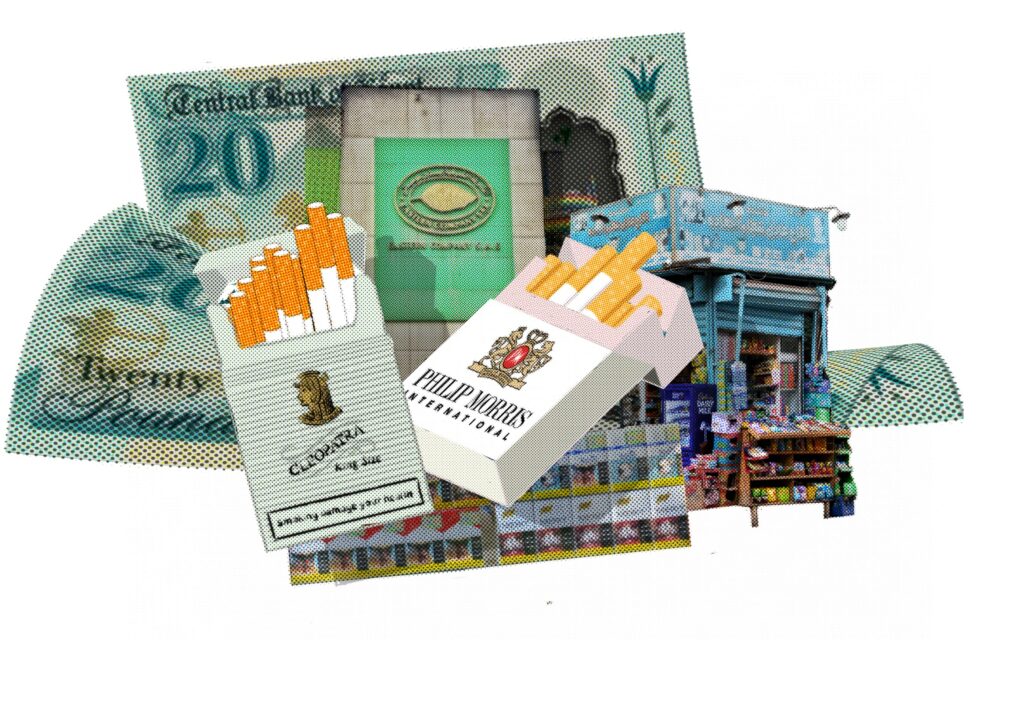In a strategic move that has raised concerns among experts, Philip Morris quietly secured a significant stake in Egypt’s tobacco market through a series of secret dealings related to the IMF-led privatization process. Egypt, known for being one of the few countries with a growing cigarette market, faced economic turmoil, prompting President Abdel Fattah El-Sisi’s government to make a pivotal decision in April 2022.
Traditionally, the sale of cigarettes in Egypt was under the purview of the state-controlled tobacco monopoly, Eastern Co. SAE. However, under mounting pressure from the IMF to privatize state assets, Egypt agreed to sell its controlling stake in Eastern, thereby opening the doors for private entities to enter the industry. This significant shift saw Philip Morris International and its partner, politically-connected Emirati mogul Abdullah al-Hussaini, emerge as major players in the Egyptian tobacco market.
The move, cloaked in secrecy, has raised concerns among health experts about the potential rise in tobacco consumption in a country where smoking rates are already on an upward trajectory. Anna Gilmore, director of the Tobacco Control Research Group at the University of Bath, expressed apprehension over the negative health and economic impacts the privatization might have in a country grappling with tobacco-related harm.
The details of the deals, shrouded in secrecy, were uncovered through an in-depth investigation by The Examination and the Organized Crime and Corruption Reporting Project. The investigation revealed how Egypt, facing a shortage of foreign currency, succumbed to pressure from the IMF and creditors, facilitating Philip Morris International’s entry into the market.
The saga unfolded as Eastern Company S.A.E., a long-standing state-owned entity, was sold off in an opaque deal to a Dubai-based company named Global Investments Holding Ltd, eventually leading to Philip Morris International acquiring a significant stake in both United Tobacco Co. and Eastern. The convoluted ownership structure raised questions about the transparency of the transactions and the true beneficiaries of the privatization process.
Critics argue that privatizing state-owned tobacco companies, in the name of economic growth, may have detrimental effects on public health. Studies have shown that such privatisation efforts could lead to increased smoking rates and undermine tobacco control measures. The role of the IMF in promoting these policies has sparked debate among experts, with some questioning the rationale behind prioritizing economic gains over public health concerns.
As smoking rates continue to rise in Egypt, concerns persist about the unchecked proliferation of tobacco products in the country. With Philip Morris International actively promoting new nicotine products and campaigns to influence public perception, the future of tobacco control efforts in Egypt remains uncertain. Experts warn of the potential risks associated with the dominance of a private entity in a market where addiction and health implications are prevalent.
In the midst of economic turmoil and geopolitical pressures, the story of how Philip Morris quietly secured a major stake in Egypt’s tobacco market serves as a cautionary tale about the intersection of economic interests and public health concerns.
